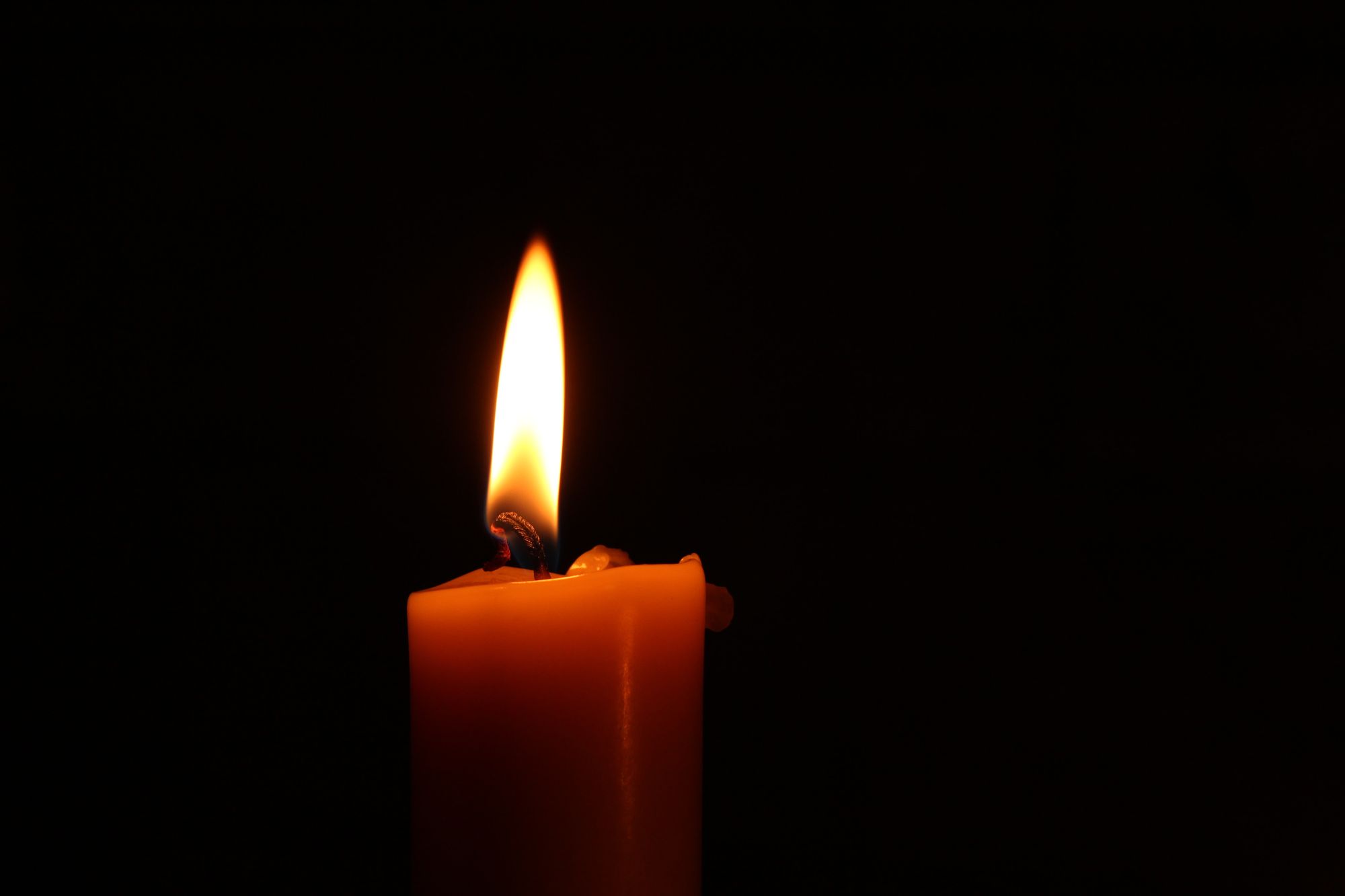A Family Guide in the event of a Loved One’s Death
In today’s modern world, humanity has access to so many luxuries and opportunities for advancement that death seems to be a distant and inconvenient matter, one that isn’t discussed in polite company.

My dear parishioners of St. George Orthodox Church of Montreal,
In today’s modern world, humanity has access to so many luxuries and opportunities for advancement that death seems to be a distant and inconvenient matter, one that isn’t discussed in polite company. Often, death arrives unexpectedly, and for many it seems to come too soon. This article serves as a guide for families to prepare for the death of a loved one and details the practices which are in accordance with the tradition of our Orthodox Christian Church, who views death as a sacred passage from this world to the Kingdom of Heaven.
It is with joy, not sadness, that there comes a time in each of our lives when one moves from this world to eternal life in the Kingdom. Our faith teaches that this transition is a process, and there are many prayers along this journey, not just before or at death.
At the Time of Death and as you Plan for a Funeral
First, please call the Church upon the death of your loved one, and the Church Administrator will assist you with planning the funeral arrangements (service, burial, and wake) Outside of regular business hours (8:00 a.m.-4:00 p.m.), please call the Church and dial extension 200 to be provided with the emergency contact information for the clergy.
The Wake
The wake should be a quiet and respectful time to express our sympathies to the family of the deceased and as Orthodox Christians we should be quiet and respectful to the deceased and the bereaved family. This is a time of prayer and careful thought upon the sacredness of life. Please be sure the priest is aware of the time and place of the wake so he may come and serve the Memorial Service at the funeral home, provided the body of the deceased loved one is present.
The Funeral Service
Visitation hours may take place in the Church prior to the start of the funeral with the times being jointly arranged by the family, the funeral home, and the Church Office. The Orthodox Church has a set funeral service which assumes and expects that the body of the deceased is present in the temple at the time of the service. The Orthodox funeral service is one of prayers for the deceased and asks God to receive this person into His Heavenly Kingdom. This is not the time to add in our own personal hopes, but rather it is a sacred time to seek God’s mercy, His love, His presence, His will, and His compassion. The deceased loved one has left this world and is entering God’s Kingdom – this is the time to seek God and not the things of this world.
Music at the Funeral Service
While it is not the Orthodox practice to have a soloist and organ playing before and after the Church service, the family may choose to do so as long as the music selection meets with the approval of the pastor. There are proper Orthodox hymns which may be sung as the body is processed in and out of the Church, and it is these beautiful hymns which are encouraged to be sung at the proper time and not replaced with non-Orthodox practices. This allows for the family to not have to incur the additional expense of having musicians.
The Eulogy
If the family wishes to eulogize the deceased or to address those who have come to the funeral, this is done either in the parish hall before or following the funeral service, or even more appropriately during the Mercy Meal. If the wake is done in the funeral home, the family is also able to eulogize the deceased at the funeral home at a time of their choosing.
The Burial of the Body
In the Orthodox Church, the body is seen as sacred and specifically part of what makes us human and created in God’s image and likeness. The Church also teaches us that the body of a deceased loved one must be treated and cared for with great love, attention, and respect. It is our faith’s practice that following the funeral service, the body is placed lovingly and with tears into the ground or a crypt. The Church and its priests are only permitted to perform funeral services with a body present but are not permitted to perform funeral services for those who choose to cremate, aquamate, or otherwise alter the body.
Commemoration of the Dead
The Church sets aside specific times of the year for us to personally commemorate our deceased loves ones with the Trisagion Prayers for the Dead. These prayers are typically said following a Divine Liturgy on the third, ninth, and fortieth day after a loved one’s passing, and on yearly anniversaries. Families are encouraged to call the Church office to arrange for these services.
There are special days outside of the above when the whole parish is encouraged to request commemoration by the Church of those who have departed this life: Soul Saturday of Meatfare week and the Saturday before Pentecost. Remembering and praying for our departed loved ones is always a good thing, and you may call the Church office any time of year to have them commemorated at the Prothesis Service (during the preparation of the bread and wine for Holy Communion by the priest) and during the Great Entrance of Divine Liturgy – not just at a memorial service.
Remembering Family Members Who Are Not Orthodox Christians
The tradition of the Orthodox Church is that Memorial Services are only celebrated for Orthodox Christians. However, you may commemorate all your loved ones during the prayers of the Great Entrance during the Divine Liturgy.